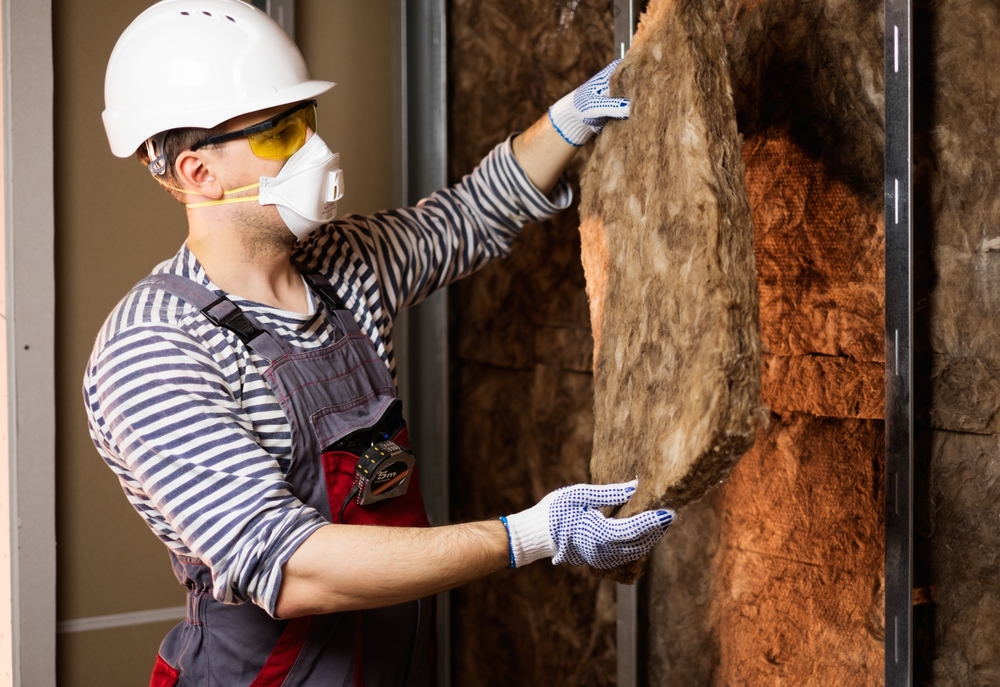Share and Help your Friends With Their Job Search!
Construction jobs typically offer a good, stable income with a lot of potential opportunities. They also provide an easy way to get started on a career with only a G.E.D. or high school diploma.
Types of Jobs
Construction jobs fall into two main categories: labor and management. With only a high school diploma or its equivalent, you can get started working as a laborer. These positions involve basic functions necessary to building, such as digging trenches, demolition, removal of debris, and working with tools. You may also be asked to assist some of the more specialized employees like carpenters or bricklayers. You definitely want to take advantage of any opportunities to learn from skilled laborers as you will gain valuable abilities that can help you advance your career in the field.
Career Path
As you gain more experience, start thinking about what direction you would like your construction career to go. For example, you may decide you like carpentry, welding, bricklaying, painting, or structure repair. You may be able to obtain either some additional job training from your employer or to begin an apprenticeship in one of these areas, leading to your own certification.
Construction management positions also might be an option. If you share your interest in advancing in this direction with a supervisor, you may be able to get that additional training or apprenticeship as a foreman or project manager. You may also be able to assist an engineer or architect. The role of managers is less about doing manual labor and more about designing, managing, and completing different types of construction projects.
Certifications
Most construction companies prefer managers who have a combination of experience as a laborer and postsecondary education. Therefore, as you move through the ranks of a construction worker, you will want to add certifications and at least one degree. If you completed an apprenticeship in an area like plumbing, you probably also completed some additional classroom work (about 600 hours is common) and about 8,000 hours of on-the-job training that prepared you for state testing and other such common regulations. You may also have earned certification from the college as a plumber, electrician, or welder.
If you did not complete an apprenticeship, many colleges and universities offer educational options that you can scaffold into your career. You could start by taking some courses in areas of construction to see what interests you. Then you could begin work toward an associate’s or bachelor’s degree. Some schools even offer a master’s degree. Explore your options here, too. Most schools will offer a general construction management degree that will teach you how to design, budget, and manage projects, often using computer programs. You may study to become an engineer or an architect, for instance.
One final consideration is to think about what areas of construction are rapidly expanding. For example, renewable energy and other areas of sustainability are increasingly in demand. You might learn how to install solar panels or geothermal heating. You could either major in this area or add some additional college credits to your construction management degree.
Overall, construction can be a great career with a stable income and a lot of opportunities. The best way to begin your career is to get out there working as a laborer to gain experience, and then move through the ranks with on-the-job training, apprenticeships, and finally a degree.

